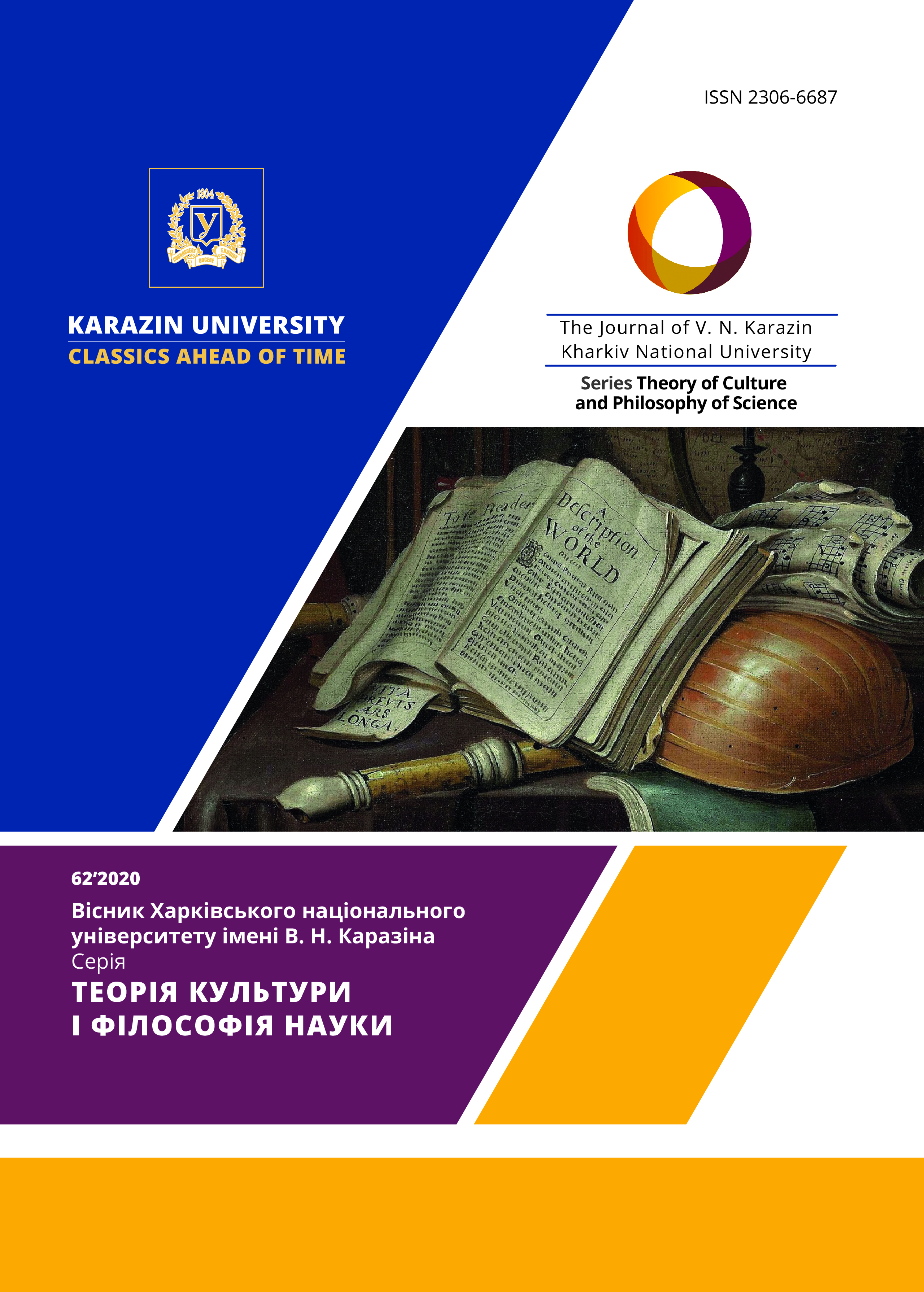PHILOSOPHISATION AND ELEMENTS OF FAIRY TALE THERAPY
Abstract
In order to overcome modern deintellectualization, the paper suggests the use of philosophization which is introducing to outstanding philosophical works and practice of philosophical thinking. At an early age, reading of philosophical tales should be a necessary tool for its implementation. They are often philosophically problematic and directly work for philosophizing of consciousness. A good example for it is the collection of L. Surzhenko “Philosophical Tales”.
The philosophical analysis is designed to prevent cultural catastrophe — total ignorance, poor people’s belief that philosophical knowledge doesn`t help much in life, failure to understand that a person does not live outside of philosophical reasoning, and often does not understand the level of one’s own philosophizing, overestimates the significance of one-dimensional conclusions, showing the inability to recognize one’s own incompetence.
At the initial stage of children`s philosophization, reading will be a major asset. When becoming familiar with it, child develops imagination, empathy, attention, and memory. Individual’s taste, vocabulary skills, visual literacy, concept of the world, view of others and oneself are formed. This process is especially effective when sharing points about the material read, exchanging opinions and discussing.
A philosophical fairy tale is an effective tool for young children. Scientists assume that fairy tales express the embedded aspects of the collective consciousness, therefore they are life-affirming and vivifying, and continue to influence the perception of the ontological processes and our views, even after we have matured considerably.
We believe that acquaintance with philosophical tales from an early age will teach the language of wisdom, intensify thinking process of a child, instill in him/her love to thinking, ability to estimate all that’s happening, and analyze the nontrivial.
Downloads
References
Kozlov, N. (1996) Philosophical tales for those pondering life, or a fun book about freedom and morality. Moscow: New school. (In Russian).
Lysenkova, V. (2010) Fhilosofization as a condition for the development of creativity of a creative person. ІІ International scientific conference «Social and humanitarian vectors of higher education pedagogy». Kharkiv, Kharkiv State Academy of Design and Arts, 15-16 аpril 2010: collection of materials. (In Russian).
Mori, Ya. (2018) Songs of the Shaman’s Mom: Philosophical tales about time, apples and the meaning of life. Moscow: AST publishing house. (In Russian).
Philosophical tales and parables: new meaning of old truths (2000) (V. Scoda, com.). Kharkiv: Folio, Moscow: LLC «AST publishing house». (In Russian).
Surzhenko, L. (2014). Philosophical Tale. Support for raising. Minsk: Bookmaster. (In Russian).
Yulina, N. (1996). Philosophy for Children. Postmethod. Philosophy at school, 3(13), 20-23. (In Russian).




